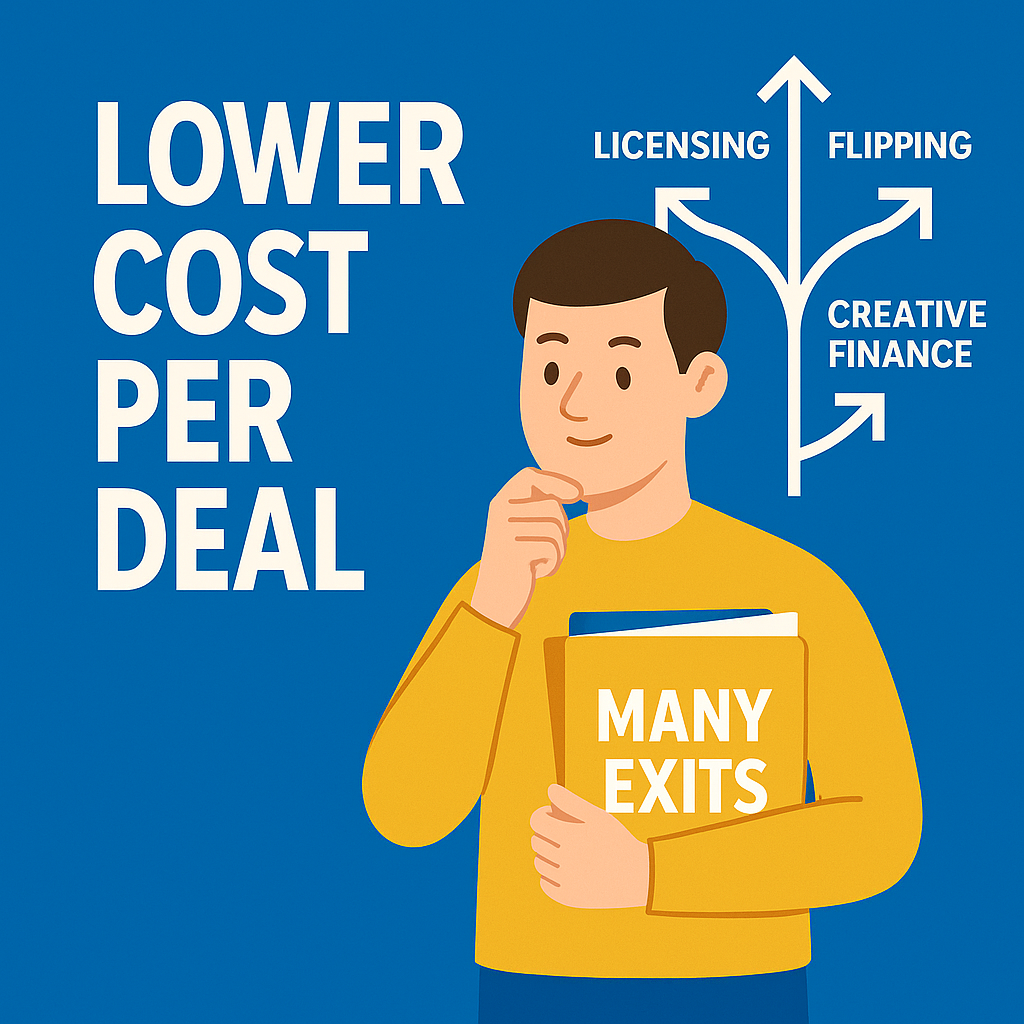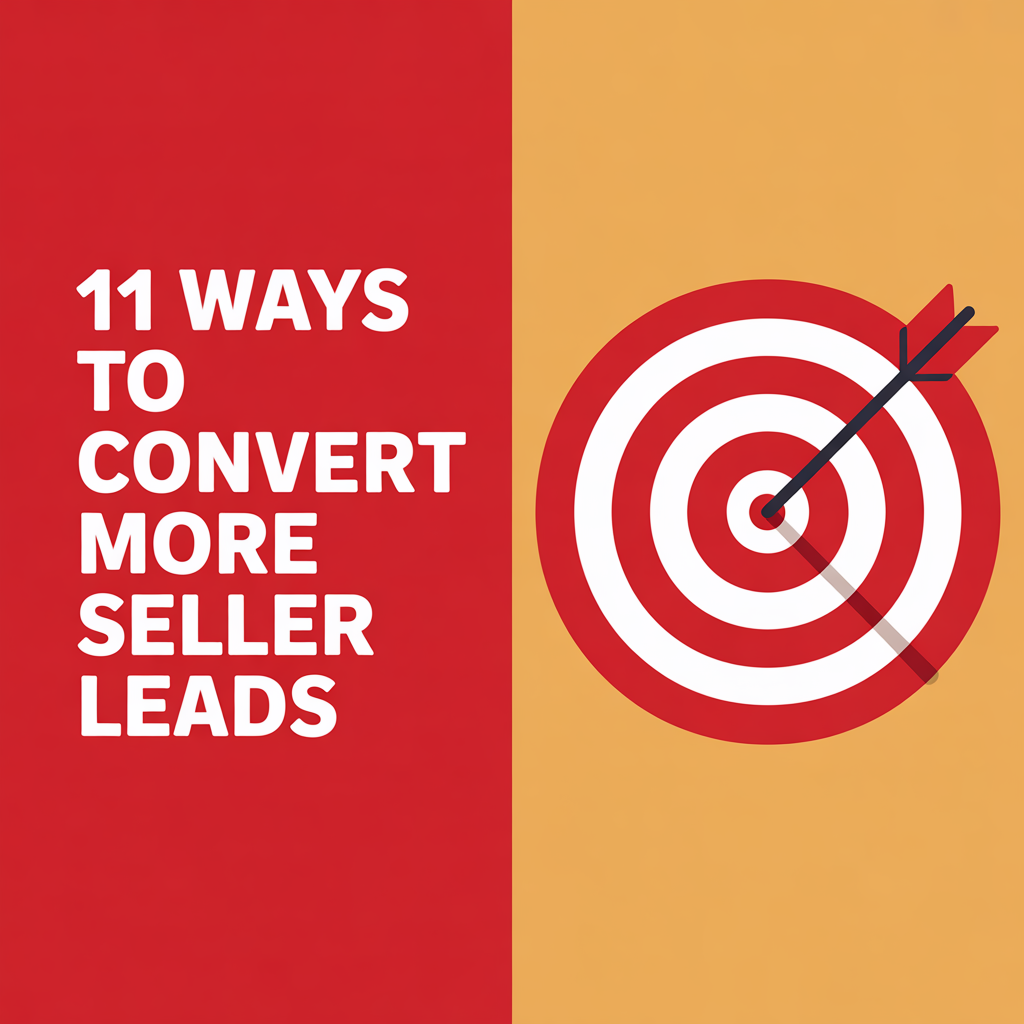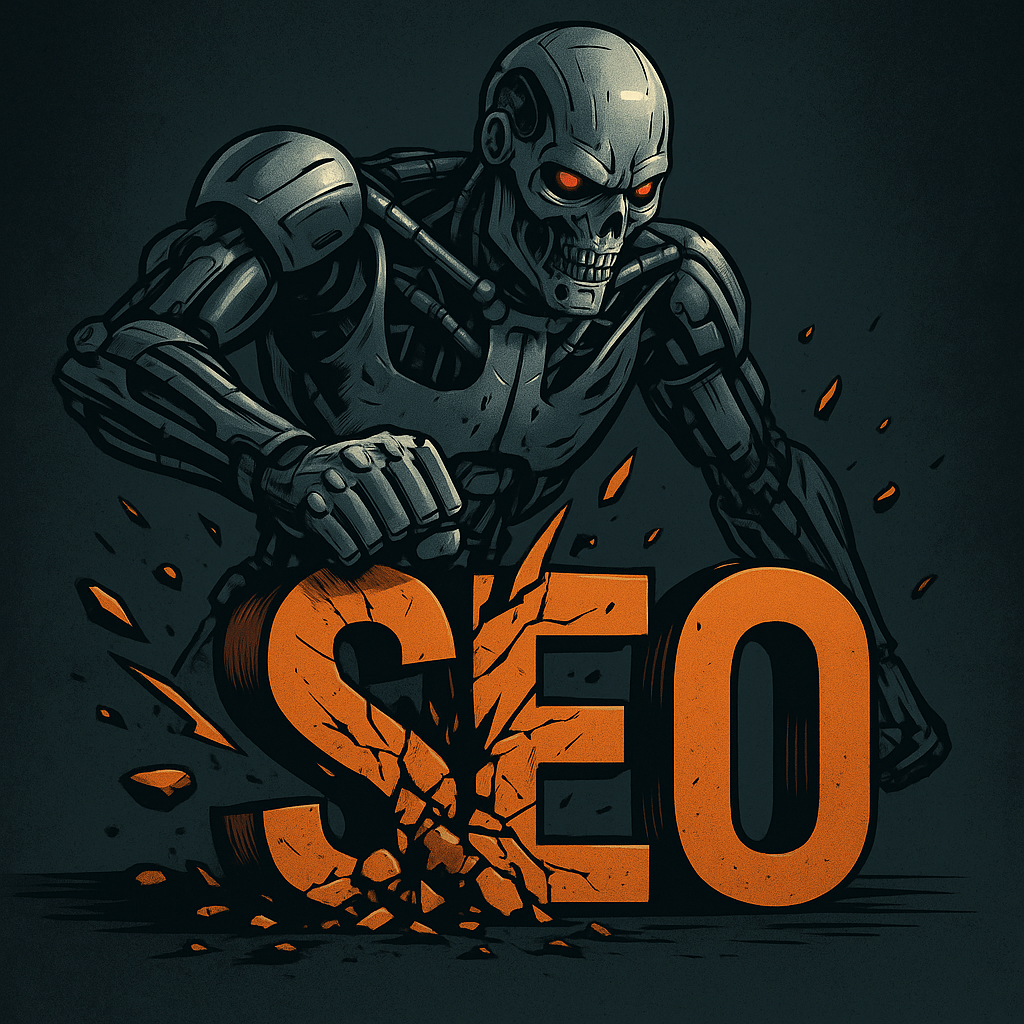Running Facebook ads is a powerful tool for real estate investors, but not all ad strategies are created equal. Many investors waste time and money on ineffective campaigns, leading to poor results and frustration. However, with the right approach, Facebook ads can help you generate high-quality leads that convert into profitable deals.
The Importance of Choosing the Right Ad Strategy
One of the most common mistakes investors make is relying on Facebook lead forms, which automatically populate a user’s information when they click on an ad. While this seems convenient, the quality of these leads is often poor. Most of the information Facebook pulls from users is outdated or incorrect, resulting in low engagement and wasted time.
On the other hand, running conversion campaigns that direct users to a website form allows for better-quality leads. These ads require potential sellers to visit your website, read about your services, and manually fill out a form with accurate, up-to-date information. This process helps pre-qualify leads, making them more likely to convert into deals.
Facebook Lead Forms vs. Website Conversion Ads
Facebook Lead Forms: Quick but Inaccurate
When using Facebook lead forms, all a user has to do is click on an ad, and their details, like name, email, and phone number, are automatically populated from their Facebook account. While this is fast and easy, the information is often old or inaccurate. Many users may have moved, changed emails, or switched phone numbers since they first created their Facebook account.
This auto-populated information leads to poor-quality leads. When you try to follow up, many of these prospects won’t answer the phone, or worse, they won't even remember filling out the form. You end up wasting time chasing leads that have no intention of selling or aren't even reachable.
Website Conversion Ads: Quality Over Quantity
Conversely, website conversion ads encourage users to take more deliberate action. Instead of filling out a quick form, potential sellers are directed to your website. There, they can learn more about your business and decide if your services are a good fit for them. This intentional engagement helps pre-qualify the lead.
Additionally, when potential sellers manually enter their details, they are more likely to provide accurate information. A well-designed form can ask relevant questions like why they’re looking to sell and how quickly they need to close the deal. By the time you receive the lead, they’ve already shown strong interest, which significantly increases your chances of converting that lead into a sale.
Why Quality Matters More Than Quantity
The goal of any real estate marketing campaign is to close deals, not just generate leads. With Facebook lead forms, you may get a higher volume of leads, but the quality is often lacking. Many real estate investors make the mistake of focusing on the cost per lead, opting for cheaper, lower-quality options.
If you prefer a higher conversion rate, running conversion campaigns on Facebook is worth the extra investment. For example, with lead forms, you might only close one out of 100 leads, while with website conversion ads, you could close one out of eight leads. While the cost per lead may be higher, the time saved and the increased deal conversion rate make this strategy much more profitable in the long run.
The Real Cost of Facebook Ads
Investors often focus on the upfront cost of Facebook ads and choose lead forms because they seem more affordable. However, the real cost isn’t just the price you pay for the ads—it’s the time and effort spent chasing unqualified leads. You might save money on the front end, but if you’re spending hours cold-calling leads who never respond, that’s a hidden cost most investors don’t consider.
Website conversion ads might require a higher upfront investment, but they save you time by delivering higher-quality leads. Instead of trying to track down hundreds of uninterested sellers, you’ll spend your time talking to motivated sellers who are ready to make a deal. This efficiency ultimately leads to more closed deals and higher returns on your investment.
When to Use Facebook Lead Forms
Although website conversion ads are generally more effective, there are some scenarios where Facebook lead forms can still be useful. For example, if you have a system in place with a large team or automated follow-up system, lead forms might work for you. Some investors prefer to gather a high volume of leads at a low cost and use telemarketing to qualify them later.
This strategy works best when you’re focused on scaling your business and have the resources to handle the influx of low-quality leads. However, if you’re a solo investor or working with a small team, it’s usually more efficient to focus on generating fewer but higher-quality leads through conversion campaigns.
How to Get Better Results with Facebook Ads
To get the most out of your Facebook ads, it’s crucial to track and test your results. Start by running both lead form and conversion campaigns, then compare the quality and conversion rate of each. You may find that for your specific business, one strategy works better than the other. The key is to stay flexible and continuously optimize your approach.
Additionally, make sure your ad copy and targeting are on point. Clearly explain who you are, what you do, and how you can help potential sellers. A well-crafted ad should address the pain points of your audience, such as wanting to sell quickly, avoiding realtor fees, or dealing with foreclosure.
Finally, always follow up with leads promptly. Even the highest-quality lead will lose interest if you take too long to reach out. By responding quickly and engaging with your leads, you’ll increase your chances of closing deals and building long-term relationships.
Invest in High-Quality Leads to Grow Your Business
If you’ve been running Facebook lead form ads and are frustrated by the poor results, it’s time to try something new. Website conversion ads may cost more upfront, but they’ll save you time and deliver higher-quality leads that are more likely to convert into profitable deals.
Whether you’re new to Facebook ads or a seasoned investor, the key takeaway is this: quality matters more than quantity. Focus on generating leads that are truly motivated to sell, and you’ll see a much higher return on your investment.
Ready to take your real estate business to the next level? Start generating high-quality motivated seller leads today by refining your Facebook ad strategy. Don’t settle for chasing low-quality leads—invest in the future of your business by targeting sellers who are ready to make a deal.






